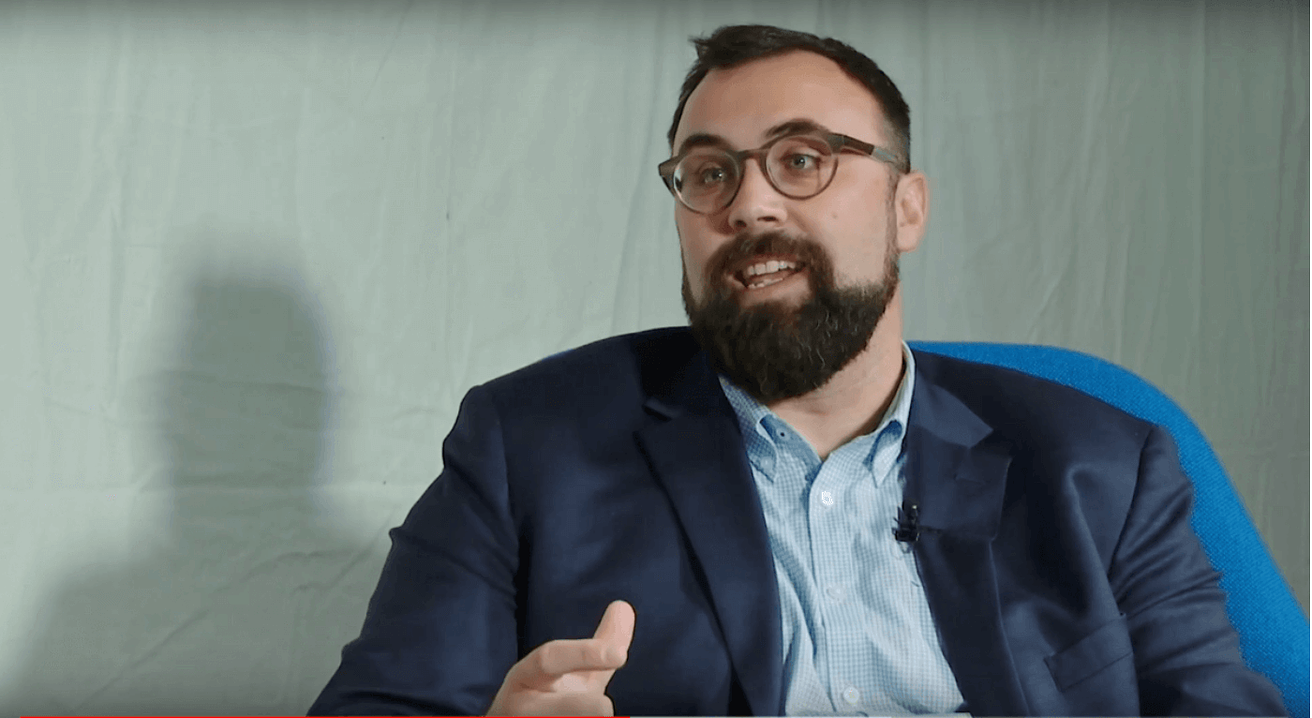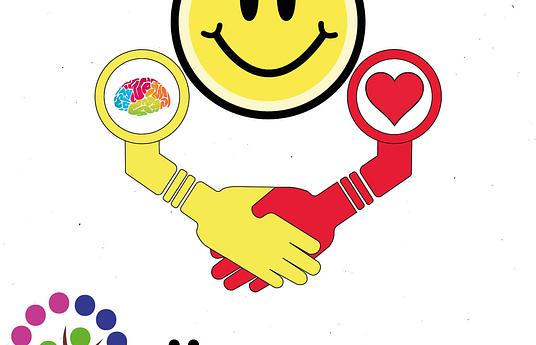Armand Doucet, an Ambassador of HundrED, is an Education Advisor, a Global Teacher Prize Top 50 Nominee and a teacher from Canada. Armand has taught a wide range of subjects in both middle school and high school, including subjects in modern history and world issues. He also comes with a background in sales and marketing as well as coaching kinesiology, all of which have allowed him to develop a wide global network. He is also the author of 'Teaching Life: Our Calling, Our Choices, Our Challenges' and 'Teaching in the Fourth Industrial Revolution: Standing at the Precipice' which was co-authored by five other internationally recognized Global Teacher Prize nominees. In this interview, Armand discusses the need for innovation in schools, and how teachers can be trained and empowered to exercise and personalise innovations in their classrooms.
What is the most pressing need in education today?
I think first and foremost, every system is different so you can't put one pressing need for each system. Where I think you can really make a case for the pressing need is between a profession and an occupation. The jurisdictions and school systems that are letting teachers be professionals are really thriving and the ones where teaching has now become an occupation are suffering. That is oftentimes because the mission and vision of the education system is not aligned with what is happening in the classroom. So the policy-making is more band-aid solutions based on big data and trying to implement something very quickly, when change actually takes time, particularly changing of culture. That's what we are looking at now, that is, changing pedagogical culture in many jurisdictions. That's what I would say is the most pressing need - for policymakers to understand that teachers are professionals and that they do have solutions to some of these issues, but if you are not going to let them be professionals, then the system is going to suffer.
What inspires you most in education right now?
What inspires me in education is that there is a lot of hope. You are seeing many people try to influence, and not just influence, but try to make a solid change. You are seeing teacher advocacy, difference-makers from the children's perspective who want to make a difference in society, and you are seeing the SDG movement - it is really about hope in that situation. I don't think that social media is doing it justice in terms of what is actually out there. Ted Dintersmith, who originally did, 'Most Likely to Succeed', just came out with a new book. In his new book, he talks about how his original mission was to go in all 50 states to showcase what is wrong. He then realized that there was innovation happening all over the place and that teachers are doing a great job. I am seeing that hope across the board. It is now a question of ending the polarised discussions and looking at what education needs at the roots, and then making those changes.
What would you like to see happening in more classrooms around the world?
What I would probably like to see the most in classrooms around the world is trust coming back to the classrooms, in that you see more collaboration. It is still a very isolated profession, particularly for the first three or four years of the teaching profession. Teachers are isolated and don't have that onboarding that you might get from a business setting or in an engineering setting and so on. It would really help to have more of an apprenticeship at the start of your career, where there is a lot of collaboration happening and then building that trust, not just with the students and with your peers, but also with the community. I think that is where it would help the profession, to build that trust again. I think it's been brought down due to numerous reasons, but with social media now, it's a two-way communication, where it's not just teachers pushing out information, but rather, information being shared. We are seeing a lot of situations where it's all about trust. You are looking at the data-driven accountability model for different scores on assessment which don't really make sense because that's only one little part of the teaching profession and what you are teaching to the child. It is only a little piece of content and curriculum outcome when in reality you are doing a lot of social-emotional competencies, skills, curriculum outcome, all of which talk about the art and science part of teaching. The building of trust, which we need to earn as well, would go a long way into helping our education system.
Can any teacher be innovative?
I think every teacher can be an innovative teacher. There are a lot of factors that will influence whether they are going to be or not. Is the leadership and your school administration, for instance, more managerial, and do they want to make sure that all the checks and balances are there, where you check off all the boxes or are they inspiring leadership? Do you feel confident to be in the classroom and to be innovative or do you feel the need to be copying someone else? Are you able to build on the relationships within the classroom in order to personalise that learning? I think there are a lot of factors that come into play to be an innovative teacher. Some of it is systematic, while some of it is internal, going back to your own upbringing. It really goes to the roots of professional development and understanding that while there is content professional development, there is also pedagogical professional development, and these are two different streams for a teacher.
If you are very comfortable with your pedagogical professional development and you are very comfortable with how you have been trained, then you are able to maybe spin it a bit more. We are however seeing teacher programs that don't have that, which is very scary. There are programs for instance which say, within 6 weeks, you can be a teacher. The reality, however, is that even though you did your Bachelor's in the content, and you are a content expert, the pedagogical element also takes years of training. I think Pasi Sahlberg said it well in his presentation, that there need to be apprenticeship programs for teachers to help to lead the way so that teachers can feel capable of designing the learning for each student. This allows teachers to be innovative every day they are in school.
What is the need for innovation in education?
The need for innovation in education is partly driven by what is happening in society. We all know the what and the why, and that is driving part of it, particularly when you are looking at how we have always done curriculum content quite well as teachers. We, however, haven't really concentrated on competencies and social-emotional learning, which is a new part of what we want to design the classroom to be. In terms of innovation, that needs to take precedence. So we have these new pillars that we are trying to address, but we have not been trained to do that. To add to that, if you do not have professional autonomy, that makes it really hard because you cannot try things and are trusting other people to come in and go from a top-down approach, which is an issue. Innovation in that regard is quite key.
The second part of the innovation is understanding which tech to use to be able to implement that and to personalise. That is where it gets scary, because there is so much technology out there, and not everything should be integrated. It's the specific tech that answers specific questions for each teacher individually. Depending on what your mission and vision are for your school, it could also answer for the school as well. So if you have a different type of assessment model, or you want to do portfolios to showcase the learning, bring in a broader community, or have some feedback on different projects that your students are doing. That is a specific platform and technology integration that you need. So the innovation there is specific to that school and to that community. Will that be able to be scalable to different areas? Maybe, maybe not. It depends on what, how and why they are doing certain things. So the innovation aspect is extremely important for different schools. It is more about what your values, beliefs, strengths, and weaknesses are, and to look at how to innovate while building on the innovation that is already out there, which is basically what innovation is - building on the foundations of other people.
Learn more about how you can become a part of the HundrED Community, and feel inspired to make the change where you are.

